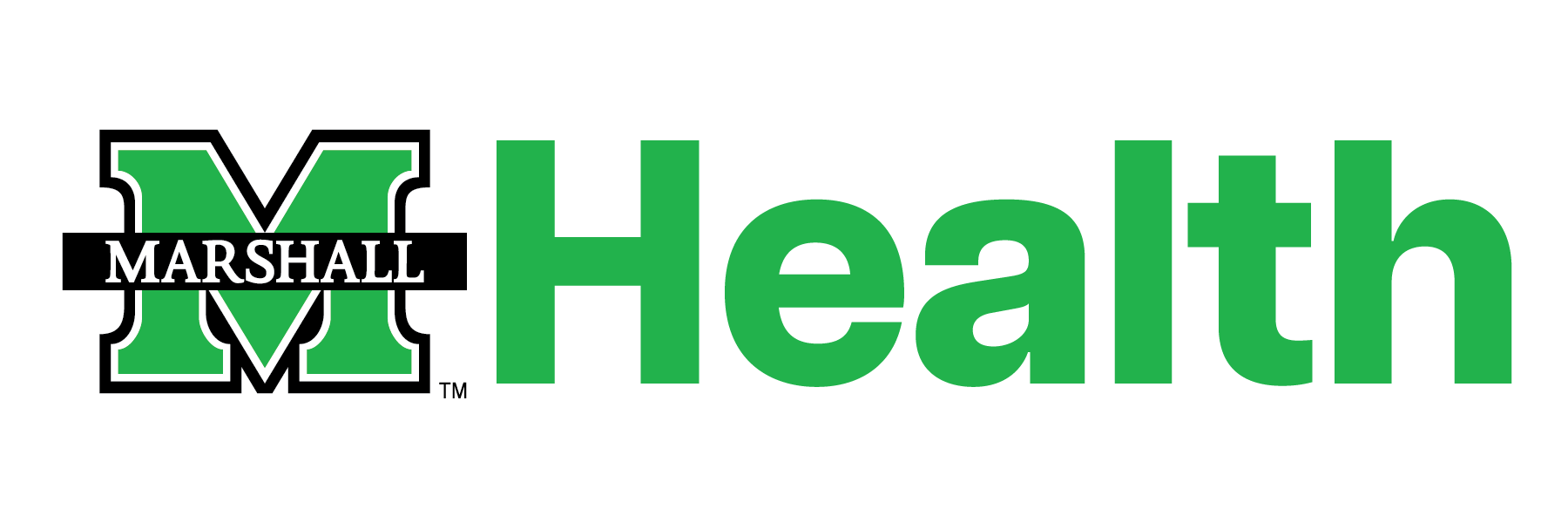Understanding Tongue-Tie: Real Need versus Rising Overdiagnosis

“Congratulations on your new baby!” It’s often the first thing a pediatrician says to proud new parents. But increasingly, it’s quickly followed by a now-common question:
“Doc, can you please check if my baby has a tongue-tie?”
Each year, thousands of pediatricians in hospitals and clinics across the country hear this concern. With growing awareness—and a flood of advice from social media, parenting groups, and well-meaning relatives—more and more parents are worried their baby might have a tongue-tie, even when there are no clear symptoms.
What is tongue-tie?
Tongue-tie, or ankyloglossia, is a condition where a small band of tissue under the tongue is tighter than usual, restricting movement. In some babies, this can interfere with breastfeeding by making it harder to latch or suck effectively.
As breastfeeding rates have risen, so have concerns about tongue-tie. Research shows that diagnoses jumped nearly tenfold between 1997 and 2012—and doubled again in the years that followed. Surgeries to treat it, called frenotomies, have increased just as rapidly.
What does the research say?
Despite the surge in procedures, the medical evidence remains mixed.
Cochrane Review, a globally respected organization that reviews health research, found that while tongue-tie surgery may ease nipple pain in mothers during early breastfeeding, it does not consistently improve infant feeding. This raises important questions about how effective the procedure truly is in solving breastfeeding issues.
Similarly, a study published by the JAMA Network, one of the world’s leading medical journals, concluded that many babies referred for tongue-tie surgery might actually benefit more from a comprehensive feeding evaluation and support—especially from specialists like pediatric speech and language pathologists—before considering surgery at all.
What about lip and cheek ties?
More recently, conversation has expanded to include lip ties and cheek ties, with some linking them to feeding problems, speech delays, or even sleep apnea. However, according to the Academy of Breastfeeding Medicine, there’s no reliable evidence to support surgery for these concerns.
In fact, lip and cheek frenula are normal parts of the mouth and are not shown to interfere with breastfeeding. Even using surgery to try to prevent future issues, like speech or sleep problems, is not supported by solid research.
The Cost—and the Hype
For many families, the cost of tongue-tie surgery adds another layer of concern. These procedures often come with out-of-pocket expenses that can run several hundred dollars—especially when done in private settings.
Laser frenotomies, in particular, have surged in popularity, often marketed as a more advanced option. Yet studies show no strong evidence that laser techniques are more effective than traditional surgical methods. What they are is more expensive—sometimes significantly so—adding to the financial burden on families without delivering proven additional benefits.
When is surgery actually needed?
Most experts agree on one key point: tongue-tie surgery should only be considered when a baby has ongoing breastfeeding difficulties clearly caused by restricted tongue movement—and when those issues don’t improve despite skilled lactation support.
It’s also crucial to know that nipple pain alone isn’t a reliable sign of tongue-tie. Studies show that 34% to 96% of new mothers experience nipple pain in the first few days after birth. Typically, this discomfort peaks around day three and improves within a week or so. With time, guidance, and support, most feeding issues can be managed without surgery.
What parents can do?
In today’s digital age, parents often find themselves swimming in a sea of advice—much of it from social media, online forums, or well-meaning friends and family. It’s natural to want to help your baby as quickly as possible, but it can be hard to know which information to trust.
The best next step is to work closely with your pediatrician, who can help sort through the confusion, provide clear, evidence-based guidance, and connect you with the right resources—whether that’s ongoing breastfeeding support, a referral to a specialist, or, in certain cases, surgery.
AUTHOR:
Dr. Mudassir Ahmed Khan is a pediatric resident physician at Marshall Health.
This article was also published in The Herald-Dispatch.
